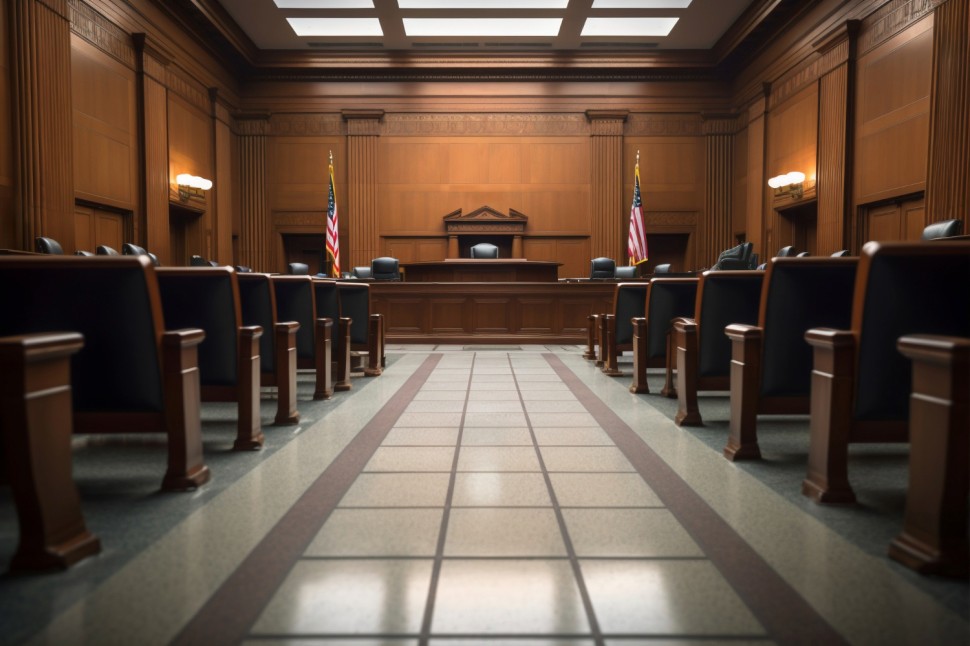The U.S. Courts and Jury Selection Amid Prominent Trials
The jury selection for Donald Trump's trial is currently underway, and it has seized the nation's focus. Attention now pivots to the complex method behind jury selection in the U.S. This vital process is the judicial system's core. It guarantees justice that is both fair and unbiased.

Jury Selection-A Citizens' Duty to the Justice System
Jury service is integral to American civic duty, enabling citizens to participate actively in the judicial process. Qualified citizens are randomly drawn from counties within the court district for possible jury service, ensuring a fair representation of the communities involved.
The selection process hinges on state voter lists, the premier source of prospective jurors. However, courts may resort to other sources, like the licensed driver's list, for a broader cross-section of the community. If summoned, an individual isn't guaranteed to serve on a jury. A group of qualified jurors who respond to the summons is taken to the courtroom for a preliminary evaluation.
How Does the Transition from Jury Pool to Jury Box Occur?
A trial, necessitating a jury, initiates a process referred to as voir dire. In this process, the attorneys and the judge engage in a dialogue with the prospective jurors. Questions asked during this phase pertain to the jurors' suitability to serve on the trial-generally or specifically for the case. Based on their responses, certain jurors might find themselves excused from serving. Attorneys also hold the right to exclude a limited number of jurors without specifying any reason.
What Responsibilities Are Entrusted upon a Judge and Jury?
After voir dire, chosen jurors are entrusted with deciphering facts from the evidence presented to them in testimonies or exhibits. The judge then admits these facts into evidence to guide the jurors toward informed judgments.
The relationship between a judge and a jury is reasonably clear-cut. While a judge instructs the jury on the applicable law, the jury independently determines the facts of the case. In particular scenarios, the law's interpretation could profoundly impact the jurors' decision-making.
A judge might, for example, specify legally that the defendant must possess knowledge of committing a crime for conviction. The jury must then determine whether this fact has been proved by the evidence presented. If the evidence fails to indicate the defendant's knowledge of committing a crime, the jury will find the defendant not guilty per the judge's legal instructions.
The Significant Role of Jury Trials in Legal Proceedings
The impact of jury trials in the U.S. judicial system is monumental. They bridge the public and judicial proceedings, rendering authenticity to the process with real-world perspectives. Whatever the nature of the case-convoluted or high profile-the jury trial transcends stereotypes and ensures a fair trial process.
In the end, as the jury selection beckons for prominent legal trials like Donald Trump's, it is clear that the U.S. juror selection process remains quintessential in composing a fair, unbiased jury. By grounding the process in ordinary citizen participation, the American judicial system acknowledges the bedrock of democracy in every verdict announcement.




